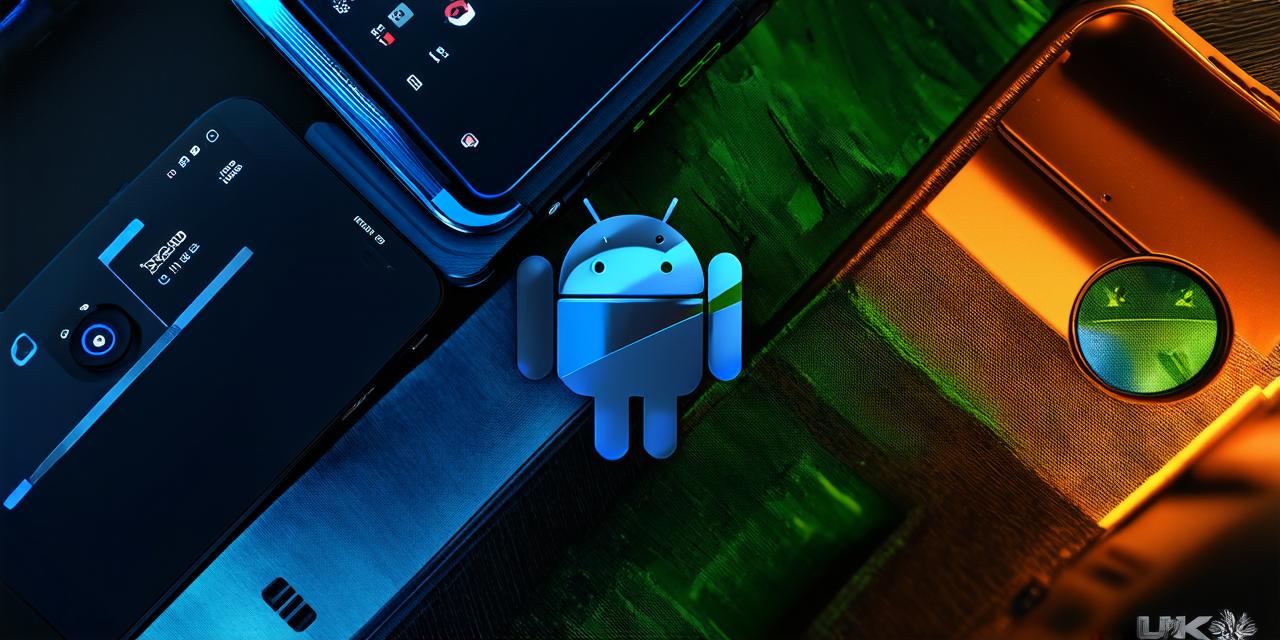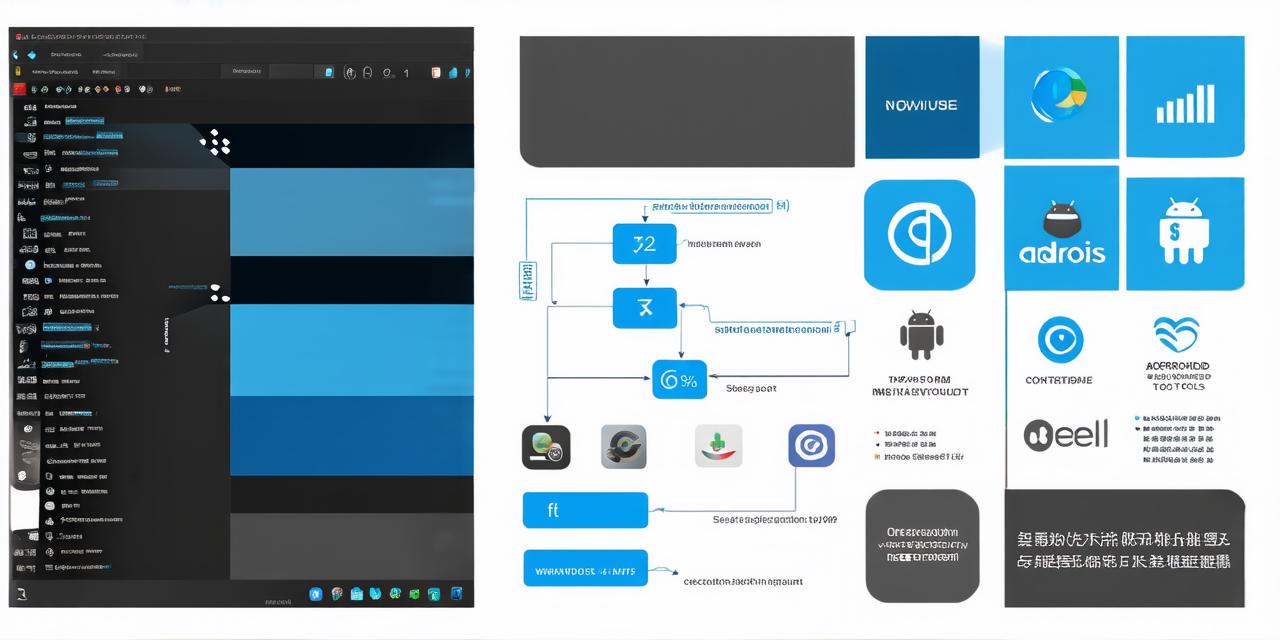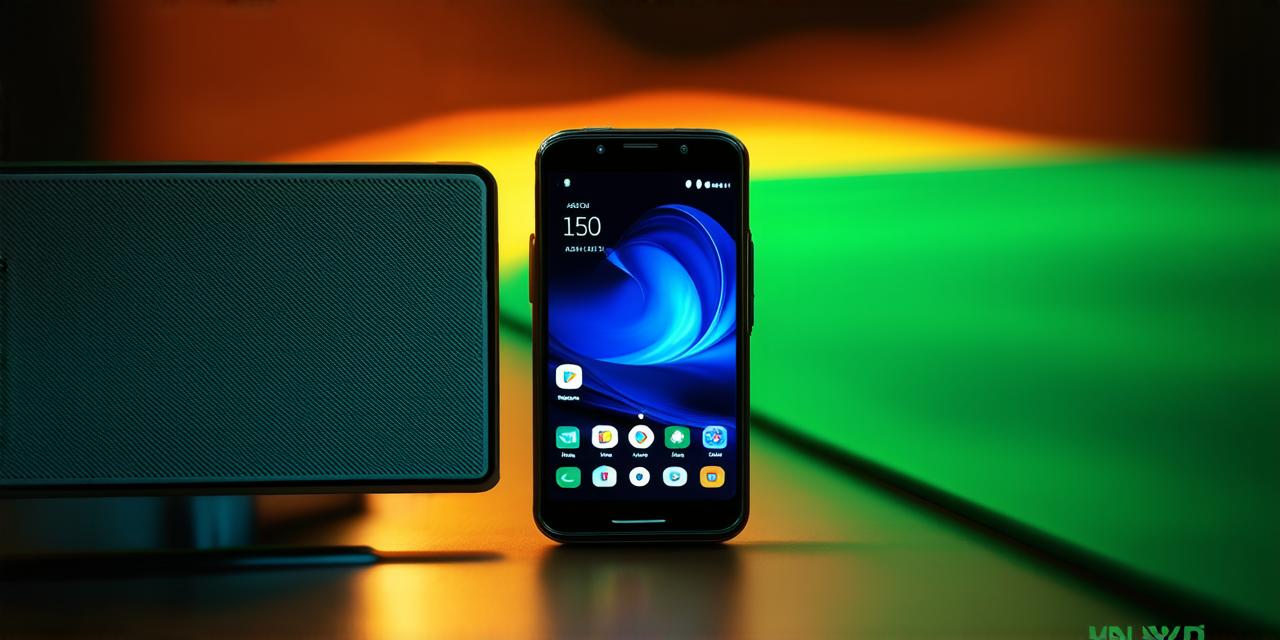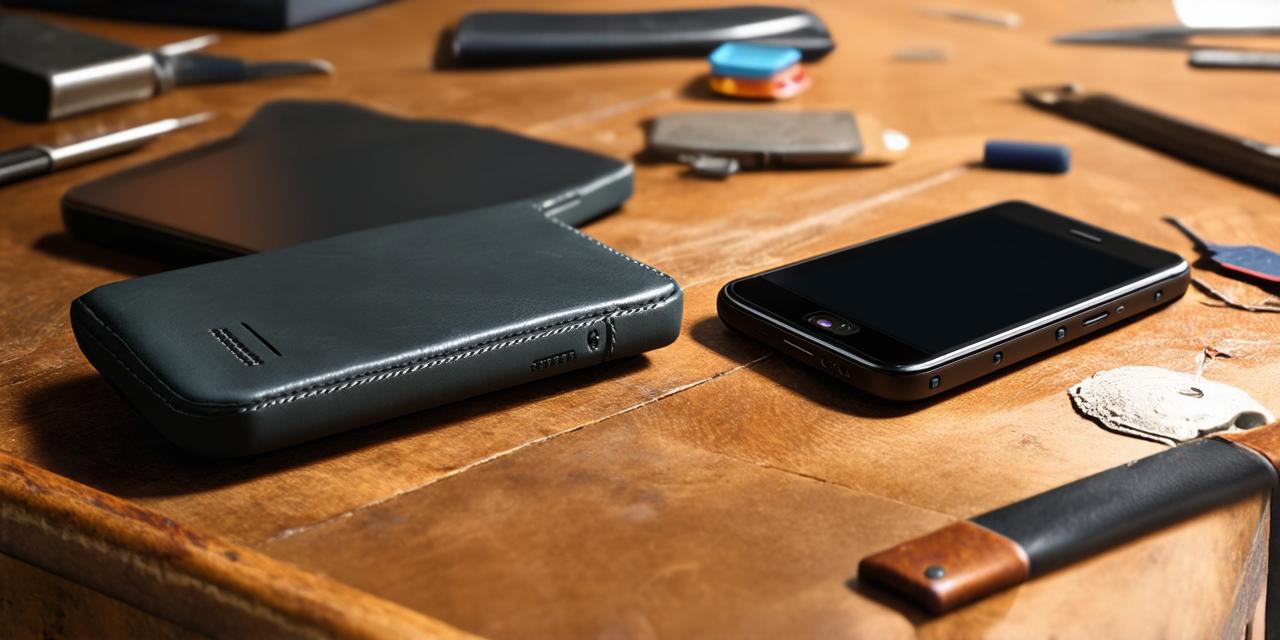Unity is one of the most popular game engines in the industry, with millions of developers worldwide using it to create immersive games for various platforms, including Android. However, developing a game for Android can be challenging due to the unique characteristics of the platform, such as varying device specifications and fragmentation. In this guide, we will explore how to optimize Unity for Android game development and ensure your game runs smoothly on any Android device.
The Importance of Optimization in Unity for Android Game Development
Optimizing Unity for Android game development is crucial to providing a seamless gaming experience for players. With millions of Android devices worldwide, it’s essential to ensure your game runs smoothly on any device, regardless of its specifications. Poor optimization can lead to slow load times, stuttering gameplay, and even crashes, which can result in players abandoning the game.
On the other hand, well-optimized games provide a smooth gaming experience, fast load times, and minimal lag, keeping players engaged and coming back for more. In this guide, we will explore various techniques to optimize Unity for Android game development and ensure your game runs smoothly on any device.
1. Understanding the Unity Editor
The first step in optimizing Unity for Android game development is to understand the Unity editor. The Unity editor is a powerful tool that allows developers to create, edit, and test their games. It provides various features, such as project management tools, scripting tools, and asset management tools, which make it easy to develop games quickly and efficiently.
However, the Unity editor can be overwhelming for beginners, and it’s essential to familiarize yourself with its various features and tools. To do this, you can follow the official Unity tutorials or attend Unity workshops and training sessions to learn more about the editor.
2. Optimizing your game assets
Game assets are the visual and audio elements that make up your game, such as textures, models, animations, and sounds. Optimizing these assets is crucial to ensure your game runs smoothly on any device.
Reduce file sizes: Large game assets can significantly slow down load times and gameplay. To reduce file sizes, you can use compression tools, such as TinyPNG or Kraken.io, to compress textures and other visual elements. You can also use low-poly models for 3D objects and reduce the number of animations in your game.
Use appropriate file formats: Using the appropriate file formats for your game assets is essential to ensure they load quickly and efficiently. For example, using PNG or JPEG for textures and MP3 or AAC for audio files can significantly reduce load times.
Use LOD (Level of Detail) techniques: LOD techniques involve reducing the level of detail in 3D models when viewed from a distance. This can significantly reduce the number of polygons in the model, resulting in faster loading times and improved performance.
3. Optimizing your game’s code
Optimizing your game’s code is crucial to ensure it runs smoothly on any device.
Use C instead of JavaScript: C is a faster and more efficient programming language than JavaScript, which is the default scripting language in Unity. Using C can significantly improve performance and reduce load times.
Minimize draw calls: Draw calls are requests to the GPU to render graphics on the screen. Minimizing the number of draw calls can significantly improve performance by reducing the amount of data that needs to be sent to the GPU.
Use instantiate instead of CreateObject: Instantiate is a faster and more efficient way to create objects in Unity than using CreateObject. This is because instantiate creates a copy of an existing object, which reduces the amount of memory required to create the object.
Avoid excessive use of loops: Excessive use of loops can significantly slow down performance by causing the CPU to work harder. Use other data structures, such as arrays or dictionaries, instead of loops where possible.
4. Optimizing your game’s build settings
Optimizing your game’s build settings is crucial to ensure it runs smoothly on any device.
Use the appropriate build settings: Unity provides various build settings, such as optimization level, compression, and profiling. Choose the appropriate settings for your game based on its target device and specifications.
Use the appropriate export format: The export format you use to build your game can significantly affect its performance on different devices. For example, using the APK format for Android games is faster and more efficient than using the JAR format.
Enable profiling: Profiling allows you to identify performance bottlenecks in your game and optimize them accordingly. Unity provides various profiling tools, such as the Profiler window and the Debugger, which can help you identify performance issues and optimize your game.
5. Testing your game on real devices
Testing your game on real devices is crucial to ensure it runs smoothly on any device.
Use a variety of devices: To ensure your game runs smoothly on all Android devices, it’s essential to test it on a variety of devices with different specifications and screen sizes.
Use automated testing tools: Automated testing tools, such as Robolectric or Espresso, can significantly reduce the time and effort required to test your game on multiple devices. These tools automate the testing process, allowing you to focus on optimizing your game.
Conduct user testing: User testing allows you to get feedback from real users on your game’s performance and usability. This feedback can help you identify areas for improvement and optimize your game accordingly.
Conclusion
Optimizing Unity for Android game development is crucial to providing a seamless gaming experience for players. By understanding the Unity editor, optimizing game assets, optimizing game code, optimizing build settings, and testing your game on real devices, you can ensure your game runs smoothly on any device. Following these tips can help you create high-performance games that keep players engaged and coming back for more.
FAQs
What is the best way to optimize Unity for Android game development?
The best way to optimize Unity for Android game development is to understand the Unity editor, optimize game assets, optimize game code, optimize build settings, and test your game on real devices.
What are some common performance issues in Android games developed with Unity?
Common performance issues in Android games developed with Unity include slow load times, stuttering gameplay, and crashes due to poor optimization.
How can I reduce the file size of my game assets in Unity?
You can reduce the file size of your game assets in Unity by using compression tools, such as TinyPNG or Kraken.io, and using appropriate file formats for textures, audio, and other assets.



